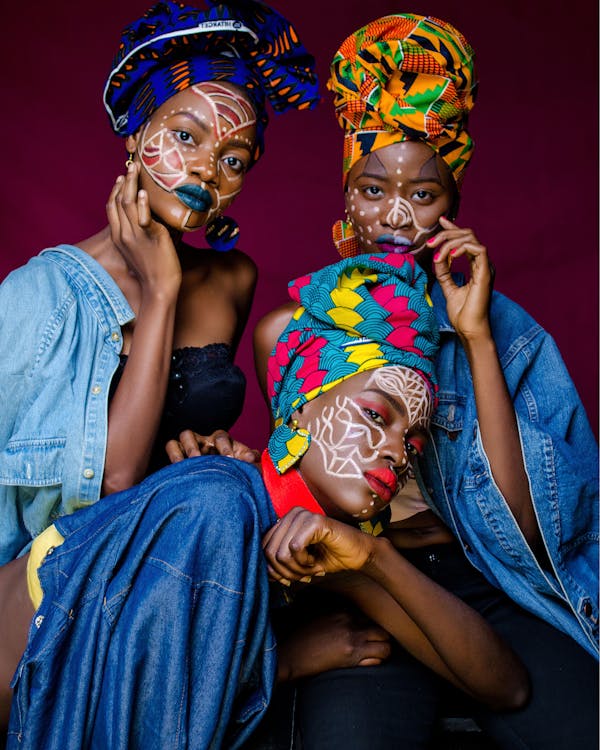
Diversities of Cultures of Countries in Africa
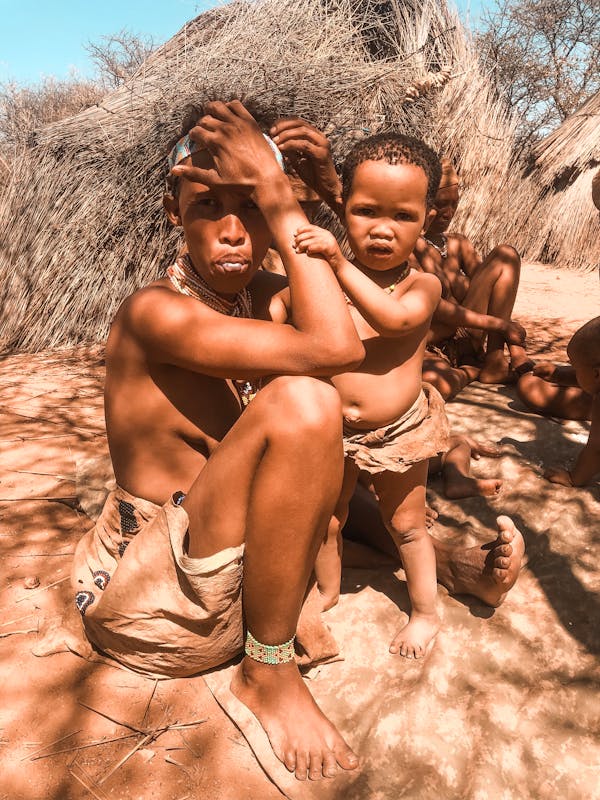
When discussing about Africa then countries in Africa must be a subject of discussion too. Africa is the world’s second-largest and second-most populous continent, with 54 countries, a population of over 1.3 billion people, and a land area of 30.2 million square kilometers. It is a continent of diverse cultures, languages, religions, and ethnicities, with a rich history and a vibrant contemporary scene. The countries in Africa are unique in many ways, from their geography and climate to their political systems and economies.
Geographically, Africa is the only continent that stretches from the northern temperate to the southern temperate zones, straddling the equator and the prime meridian. It is divided into five subregions: Northern, Eastern, Western, Middle, and Southern. Each subregion has its own characteristics, such as population, culture, and history. The countries in Africa have diverse landscapes, from the Sahara Desert in the north to the savannas and rainforests in the south, and from the highlands and plateaus in the east to the coastal plains and deltas in the west.
Geographical Overview
Africa is the world’s second-largest continent, covering approximately 30 million square kilometers. It is home to 54 fully recognized countries and two independent states with limited or no recognition. Africa has eight major physical regions: the Sahara, the Sahel, the Ethiopian Highlands, the savanna, the Swahili Coast, the rainforest, the African Great Lakes, and southern Africa. All these different regions form one very unique continent. The continent is home to a huge population mostly young and full of life with hope for the future
Northern Region
The Northern Region of Africa is primarily desert, with the Sahara Desert being the largest hot desert in the world. The region includes countries such as Egypt, Libya, Tunisia, Algeria, and Morocco. The Atlas Mountains, which run through Morocco, Algeria, and Tunisia, are the region’s major mountain range. Being a desert; it is an area mostly filled with sand. The weather in the desert is extreme hot during the day and very cold in the night
Southern Region
The Southern Region of Africa is home to a diverse range of landscapes, including savannas, deserts, and rainforests. The region includes countries such as South Africa, Namibia, Botswana, Zimbabwe, and Mozambique. The region’s most prominent geographic feature is the Kalahari Desert, which spans across Botswana, Namibia, and South Africa.
Eastern Region
The Eastern Region of Africa is home to some of the continent’s most iconic geographic features, including Mount Kilimanjaro, the Serengeti Plains, and the Great Rift Valley. The region includes countries such as Kenya, Tanzania, Uganda, Ethiopia, and Somalia. The region is also home to several large lakes, including Lake Victoria, Lake Tanganyika, and Lake Malawi. Western Region; the Western Region of Africa is primarily made up of savannas and rainforests. The region includes countries such as Nigeria, Ghana, Senegal, and Ivory Coast. The region’s most prominent geographic feature is the Niger River, which runs through several countries in West Africa.
Central Region
The Central Region of Africa is home to the Congo Basin, which is the world’s second-largest rainforest after the Amazon. The region includes countries such as the Democratic Republic of Congo, Cameroon, and Central African Republic. The region is also home to the Congo River, which is the second-largest river in the world by discharge.
Overall, Africa’s diverse geography has played a significant role in shaping the continent’s history and culture. From the Sahara Desert to the Congo Basin, Africa’s unique landscapes continue to inspire and fascinate people from all over the world.
Population Statistics
According to Worldometer estimates from the 2022 U.N. Revision List, Africa had a population of just over 1.4 billion inhabitants in 2023, making it the second most populous continent in the world after Asia. The continent is also the youngest, as 60% of Africa’s population is 24 years of age or younger. The total fertility rate (births per woman) for Africa is 4.7 as of 2018, the highest of any continent. The population of Africa has grown rapidly over the past century, and consequently, there is a large youth bulge, further reinforced by a low life expectancy of below 50 years in some African countries.
Ethnic Groups

Africa is home to a diverse range of ethnic groups, with over 3,000 distinct ethnic groups identified across the continent. The largest ethnic group in Africa is the Hausa, who are primarily located in Nigeria and Niger. Other large ethnic groups include the Yoruba, Igbo, and Fulani in Nigeria, and the Amhara and Oromo in Ethiopia. The Berber people are the largest ethnic group in North Africa, while the Bantu peoples are the largest group in sub-Saharan Africa.
There are also numerous smaller ethnic groups, including the San people in southern Africa, the Tuareg in the Sahara, and the Maasai in East Africa. Many African countries have multiple ethnic groups, with some countries having over 50 different ethnic groups. These ethnic groups often have their own languages, cultures, and traditions, which contribute to the rich diversity of Africa.
Economies of Africa
Africa is a resource-rich continent with a diverse range of economies. The continent has a total GDP of over $2.6 trillion as of 2022, making it a significant player in the global economy. The economies of Africa can be broadly classified into two categories – Major Economies and Emerging Economies. Major Economies, the major economies of Africa are those that have a GDP of over $100 billion. These economies are considered to be the most developed and industrialized on the continent.
Nigeria and Egypt are the largest economies on the continent, each boasting a GDP of over $1 trillion. South Africa is the most industrialized economy on the continent and is a member of the G20. Algeria is a major oil exporter and has the largest economy in North Africa. Morocco has a diversified economy and is a major exporter of phosphates. Emerging Economies, the emerging economies of Africa are those that are experiencing rapid economic growth and development. These economies have a GDP of less than $100 billion but are expected to grow significantly in the coming years.
Ethiopia is the fastest-growing economy on the continent, with an average annual growth rate of over 10% in the last decade. Kenya is the most innovative economy on the continent and is a hub for technology and entrepreneurship. Tanzania has a diversified economy and is a major exporter of gold and other minerals. Ghana is the second-largest producer of gold on the continent and has a growing oil and gas industry. Ivory Coast is the largest producer of cocoa in the world and has a rapidly growing economy.
Overall, the economies of Africa are diverse and offer a range of opportunities for investment and growth. While some countries have well-developed industrialized economies, others are experiencing rapid growth and development, making the continent an attractive destination for investors and entrepreneurs alike.
Political Systems
There are 58 countries in Africa, each with its own unique political system. Some countries have a democratic system, while others have a presidential system or a parliamentary system. In some countries, the political system is a mix of different systems. One example of a democratic country in Africa is Botswana. Botswana has a multi-party system, with the President as the head of state and government. The President is elected by the National Assembly for a five-year term.
Another example of a political system in Africa is the presidential system, which is used in countries such as Cameroon and Chad. In a presidential system, the President is both the head of state and the head of government. The President is elected by the people for a fixed term. Lastly, there is the parliamentary system, which is used in countries such as Kenya and South Africa. In a parliamentary system, the head of state is separate from the head of government. The head of state is usually a monarch or a president, while the head of government is the Prime Minister. The Prime Minister is appointed by the head of state and is responsible for running the government.
Conflicts and Resolutions
Many African countries have experienced conflicts and political instability. Conflicts can arise from various reasons, such as ethnic tensions, religious differences, and economic inequality. One example of a conflict in Africa is the civil war in Sudan. The conflict began in 1983 and lasted for over two decades. It was caused by the government’s decision to impose Islamic law on the predominantly Christian and animist south. The conflict resulted in the deaths of over two million people and the displacement of millions more.
Another example of a conflict in Africa is the Rwandan genocide, which occurred in 1994. The genocide was sparked by the death of the Rwandan President, who was killed when his plane was shot down. The genocide resulted in the deaths of an estimated 800,000 Tutsis and moderate Hutus. Despite the conflicts, many African countries have made efforts to resolve them. For example, South Africa’s Truth and Reconciliation Commission was established in 1995 to investigate human rights violations during apartheid. The commission provided a platform for victims and perpetrators to come forward and seek reconciliation. Africa’s political landscape is diverse, with different political systems and ongoing conflicts. However, many countries are making efforts to promote democracy and resolve conflicts through various means, such as truth and reconciliation commissions.
Cultural Diversity
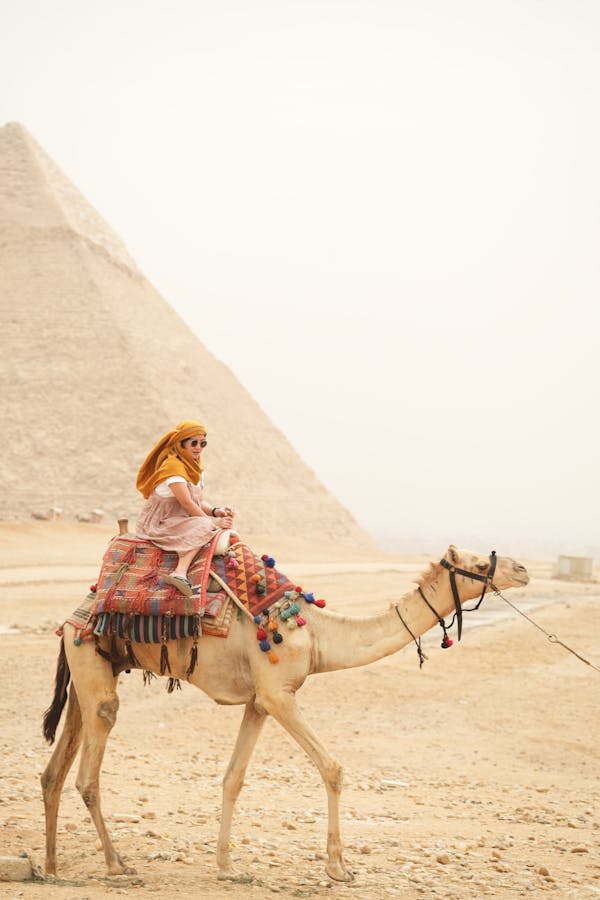
Africa is a continent that is known for its cultural diversity. The people living in the different countries of Africa speak different languages, practice different religions, and have unique art and music styles. In this section, we will look at some of the aspects of cultural diversity in Africa. Languages, there are over 1,500 distinct languages spoken in Africa, making it the continent with the highest linguistic diversity in the world. Some of the most widely spoken languages in Africa include Arabic, Swahili, Hausa, Yoruba, and Zulu. The official languages of some African countries include English, French, Portuguese, and Spanish.
Religions
Religion is an important aspect of African culture, and there are many different religions practiced across the continent. Christianity and Islam are the two most widely practiced religions in Africa, but there are also many people who practice traditional African religions. These religions are often based on the worship of ancestors and spirits. Apart from Christianity and Islam, Africans have their own traditional religions. The traditional African religions connect the people closer to themselves because they invoke at times people they knew.
Art and Music
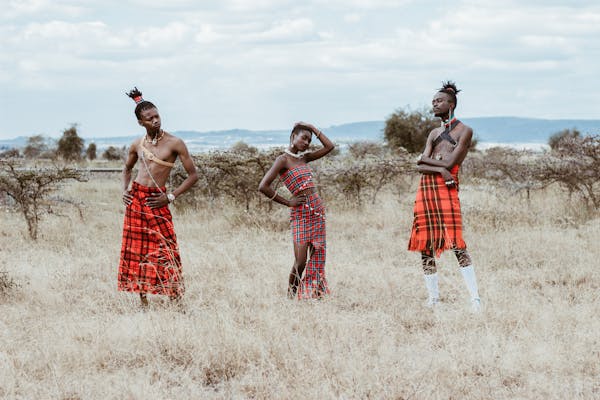
African art and music are known for their diversity and richness. There are many different styles of art and music across the continent, each with its own unique characteristics. Some of the most well-known forms of African art include sculptures, masks, and textiles. African music is also diverse, with many different styles of music, including traditional folk music, Afrobeat, and highlife. In conclusion, Africa is a continent that is rich in cultural diversity. The people living in different African countries speak different languages, practice different religions, and have unique art and music styles. This diversity is what makes Africa such a fascinating and unique place to visit and explore.
Environmental Concerns
Africa is home to a diverse range of ecosystems, from the Sahara desert to the Congo rainforest. However, these ecosystems face a variety of environmental concerns that threaten their health and sustainability. In this section, we will explore some of the most pressing environmental concerns facing Africa today.
Climate Change Effects
Climate change is one of the most significant environmental concerns facing Africa. Rising temperatures, changing precipitation patterns, and more extreme weather events are all threatening human health and safety, food and water security, and socio-economic development on the continent. According to a new report, the top 10 nations most vulnerable to both climate change impacts and environmental pollution are in Africa and South Asia, with the Democratic Republic of Congo being the worst off.
Conservation Efforts
Despite the many environmental challenges facing Africa, there are also many conservation efforts underway to protect the continent’s ecosystems and wildlife. One such effort is the African Parks Network, which manages protected areas in 11 African countries. The organization works to restore and protect ecosystems, while also supporting local communities and promoting sustainable tourism.
Other conservation efforts in Africa include the work of the World Wildlife Fund, which focuses on protecting endangered species such as elephants, rhinos, and gorillas. The organization also works to promote sustainable agriculture and forestry practices, as well as supporting local communities. Overall, while Africa faces many environmental challenges, there are also many dedicated individuals and organizations working to protect the continent’s ecosystems and wildlife. By supporting these efforts, we can help ensure a sustainable future for Africa and its people.
Healthcare Systems
Many countries in Africa face significant challenges in providing quality healthcare to their citizens. According to a study on the state of health systems in Africa, out-of-pocket payments for healthcare are common, with some citizens paying up to 90% of their healthcare costs. Additionally, only seven out of 54 African countries have been able to meet the goal of allocating 15% of their budget to healthcare. Despite these challenges, there are some countries in Africa with relatively strong healthcare systems.
Education Systems
Access to education is another major challenge in many African countries. According to CFTW, many children in Africa do not have access to quality education due to a variety of factors, including poverty, a lack of resources, and cultural attitudes towards education. However, there are also many countries in Africa with strong education systems. Business Insider Africa ranked the following countries as having the best education systems:
These countries have invested in improving their education infrastructure, including building new schools and increasing access to educational resources. Additionally, many of these countries have made efforts to increase access to education for girls and women, who have historically been disadvantaged in the education system.
Frequently Asked Questions
-
What are the sub-regions of Africa?
Africa is divided into five sub-regions: Northern Africa, Western Africa, Eastern Africa, Central Africa, and Southern Africa.
2. What are some island countries in Africa?
Some of the island countries in Africa include Madagascar, Seychelles, Mauritius, Cape Verde, and Comoros.
3. What is the African country with the longest name?
The African country with the longest name is the Republic of South Sudan.
4. What are the top 5 largest countries in Africa by size?
The top 5 largest countries in Africa by size are Algeria, Democratic Republic of the Congo, Sudan, Libya, and Chad.
5. What is the richest country in Africa?
The richest country in Africa is currently Mauritius, with a GDP per capita of $21,628.
6. How many countries are in Africa?
There are 54 countries in Africa.




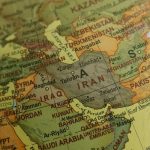


Leave a Reply